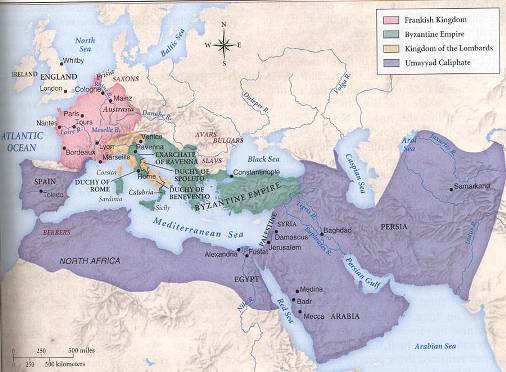
News:
The “Caliphate Fantasy” is the title of Khaled Diab’s contribution to the New York Times on the 2nd July, 2014. His opinion relates to the announcement of a Caliphate in large parts of Iraq by a ‘Jihadi’ group, and his thesis is that this new Caliphate is “ahistorical to say the least”.
Comment:
His argument rests upon a false comparison with the scientific and intellectual heritage of the former Abbasid Caliphate, followed by a slanderous, fairy tale account of the Caliph Harun al-Rashid’s relationship with Abu Nuwas. The writer then attempts to explain how “this ideological fallacy of the Islamist Caliphate came about?” The fallacy, however, is all his own.
Firstly, it is not clear whose ‘fallacy’ he is attempting to refute. Is it the fallacy of the Jihadi group that proclaimed itself to be a Caliphate a few weeks ago in Iraq, or is it the wider collection of ‘Jihadist mythology’ that he refers to later, or is it the ‘Islamists’ that get a mention after that? The article starts by comparing the scientific and intellectual achievements of the Abbasid Caliphate with a Jihadi group that while adopting the slogan of Caliphate, lacks practical sovereignty over the land it claims and could not possibly offer anything of scientific and intellectual heritage in the few weeks since its announcement to compare with the heritage of several generations of Caliphate leading into the cultural peak of the Abbasid Caliphate. That is an unfair comparison. If the comparison is made with Islamists in general, then the comparison is false because reason and science is espoused by many Islamists.
More remarkable about what appeared in the New York Times, is the irony that an article claiming to expose a “fantasy” is based upon an argument about fictional characters from an anonymous collection of fairy tales called the 1001 nights! The relationship of the real Caliph, Harun al-Rashid, with the irreverent poet Abu Nuwas is very different from the fairy tale version of the writer of “The Caliphate fantasy”. Abu Nuwas was forced to flee Baghdad for his writings, and only returned after Harun al-Rashid’s death, where his successor (al-Amin) punished him for being drunk, and where in the reign of al-Mamun, Abu Nuwas died in prison. Generalizing about thirteen centuries of Caliphate from the misrepresentations of Harun al-Rashid in a book of anonymous fairy tales is a blow for the credibility of the New York Times.
In closing, the real reason that Muslims refer back to the Prophet Mohammad for direction about the Caliphate is not because of the tarnished image in the fairy tales of the 1001 nights, but that the political economy established by the Prophet Muhammad is a legislative source for Muslims. In addition, the Caliphate existed as a real and abiding fact of Islamic history and it implemented Islamic law for thirteen centuries. Those who subvert this history and the vast wealth of Islamic heritage that has accumulated over the centuries, in favor of fairy-tale misrepresentations, are the real fantasy makers.
Written for the Central Media Office of Hizb ut Tahrir by
Dr. Abdullah Robin
